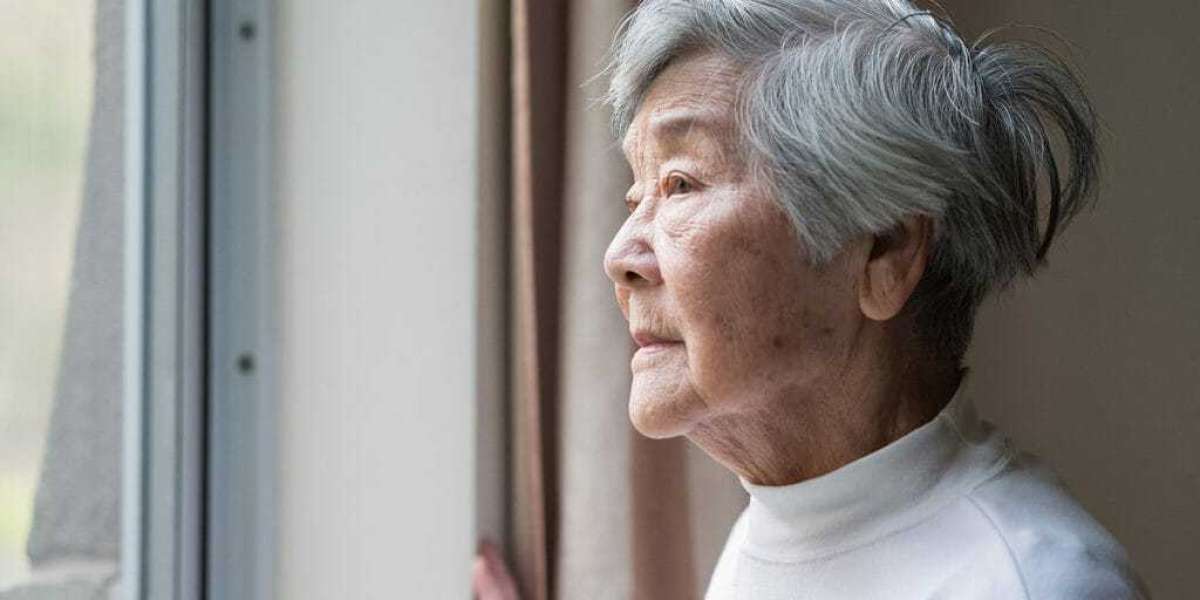In Houston's bustling Galleria mall last week, Mary Kesterson, 67, was roaming about without a mask, among a sea of shoppers looking for last-minute gifts.
She was well aware of the growing concern across the country about the highly transmissible Omicron strain of the coronavirus, and she was also aware that, as an older American, she belonged to a demographic that was particularly vulnerable to the virus. She, on the other hand, saw no reason to do anything other than continuing with her Christmas preparations.
"I'm not concerned about it," Ms. Kesterson expressed her displeasure. "I'm just going with the flow of my life." "Everyone in the family has been vaccinated," she says.
For the second year in a row, Americans have entered the holiday season under a cloud of growing coronavirus infections, forcing them to make the difficult decision of whether to continue or postpone celebrations that had appeared so promising and definite only a few weeks before.
The implications of such computations are particularly difficult for older Americans. Their level of vaccination in the United States is extremely high - 88 percent of them are fully vaccinated, which is significantly higher than the national average of 62 percent. Their vulnerability has been the most exposed to the epidemic since its inception, making them more likely to become critically ill and die from the virus than any other group: In the United States, 75% of the people who have died from Covid, or around 600,000 of the more than 800,000 people who have died, have aged 65 or older.
Thousands of older Americans have had their holiday plans disrupted, particularly in rural towns like Maine and Oregon, as well as urban areas like Texas and New York. Itineraries for travel have been canceled. Meetings have been postponed.
"I believe that time is more valuable because of my age and because of my health," said Susan West, 68, of Lake Ariel, Pennsylvania, who has multiple sclerosis and resides in the northeastern Pennsylvania town of Lake Ariel. The truth is that I do not have more time in front of me – I do, however, have more time behind me. As a result, I'm becoming increasingly irritated, knowing that I'm missing out on social events."
This year, Ms. West and her husband are foregoing their traditional Christmas Eve gathering of extended relatives in New York City in favor of a more intimate event at their home in Los Angeles.
Others have not let the continuous rise in the number of reported cases deter them from spending time with their families or from doing the things they have traditionally done during the holidays.
When it comes to going to stores and going out, Alice Broughton, an 80-year-old artist from Basehor, Kansas, said she was not overly concerned other than trying to wear a mask. "I genuinely don't want to put a stop to my life. You never know how many years you'll have left when you're 80, do you? There's nothing you'd rather do than give up on the things that are most important to you."
Researchers are still unsure about the severity of the impacts of the Omicron version, even though the variant was discovered in southern Africa only a few weeks ago. Three distinct studies, in which researchers looked at populations in South Africa, Scotland, and England, suggest that Omicron causes mild illness more commonly than earlier versions and is less likely to result in patients being admitted to hospitals than previous variants.
However, for elderly Americans, in particular, the uncertainty has been enough to lead them to be concerned. Barbara Karagosian, of Agoura Hills, Calif., was beginning to feel comfortable — or "safe-ish," as she put it — just as the Omicron variation began to spread.
Even though she and her husband, both in their 70s, have been vaccinated and boosted, she and her husband experienced a sinking feeling after being relieved of the pandemic threat.
As a result of her age, Ms. Karagosian expresses apprehension if she contracts the disease. "I'm suffering from some minor pulmonary difficulties. "Does it mean I'm doomed if I acquire it?"
Cases of the coronavirus are increasing dramatically across the country, with the Omicron type accounting for three-quarters of all new infections. In New York, queues for testing have once again stretched down city blocks, while in other places, shelves stocked with at-home tests have been emptied completely.
Earlier this week, Vice President Biden announced that the federal government would purchase 500 million tests that would be sent to people's homes for free, albeit the tests would not be accessible until the beginning of January.
Health officials have urged Americans of all ages to follow precautions that have become commonplace as a result of the epidemic, including immunization, masks, separating themselves from others, and gathering outside whenever feasible. They have also advised testing before indoor gatherings.
Dr. Philip Huang, the head of the Dallas County Health Department, stated that while none of these measures are perfect, "if you layer them on top of each other, they provide the best protection." "The good news is that our 65 and older population has had excellent vaccination success and is receiving booster vaccinations as well." "However, they may not be as well protected by the vaccine as a younger individual," he cautioned. "
What to do during the holidays is a common topic among doctors who specialize in treating people over the age of 65. Dr. Angela Catic, a gerontologist and assistant professor at Baylor College of Medicine, has noticed an increase in the number of worried patients.
According to her, "the most frequently asked question is, 'What can I do to avoid contracting this?'" "Another question I get is, 'My granddaughter recently tested positive; what does this imply for the holidays?' The unpleasant reality is that you do not wish to spend the holidays with them."
The couple's 9-year-old daughter tested positive for Ebola on Sunday, and Dr. Catic found herself in a similar predicament in her house in Houston, where she lives with her parents and her husband's parents — all in their mid-70s — after the couple's daughter tested positive. "She was experiencing symptoms, and she was with them. "We started testing right away," Dr. Catic explained. "Would we cancel plans if we didn't live with them?" says the author. Absolutely.”
Christmas preparations for the former mayor of Prairie View, Texas, a tiny town just outside of Houston, have been centered on limiting danger as a result of the Omicron variety.
In an interview with NBC News, former mayor Frank Jackson, 70, said he still planned to distribute gift bags to dozens of families on Christmas Eve, but with some modifications: Santa would be seated on the cab of a fire truck, according to Mr. Jackson, who also serves as the city's fire marshal, and he would have workers on the ground to carry gifts to porches in order to maintain a safe distance from the public.
His annual Christmas celebration will not be held this year. "On Christmas Day, only direct family members who have been fully boosted are invited to lunch," Mr. Jackson explained.
Wesley Boots, 77, a retired schoolteacher, said he still planned to spend the holidays with his son's family, who happens to live right next door in New Stanton, Pennsylvania. And he said the Omicron surge would not prevent him from flying to his second home in New Mexico in January, though he did add he would make certain alterations out of an abundance of caution.
"In the past, I've frequently taken significant detours in order to save a few dollars," he admitted. "However, this time I've been booked on a flight that only requires one change."
Carmen Scott, 67, on the other hand, said that she and her husband would normally travel to Florida to see one cousin or to Houston to see others, but that they would be doing "absolutely nothing" this year since they were "tired." As an alternative, she intended to cook for those in her hometown of Oshkosh, Wisconsin, who did not have somebody to prepare a meal for them over the holiday season. "Food is love," she stated emphatically.
Ms. Scott, on the other hand, stated that she would not abandon her Christmas custom of going to the movies in the theater. She grew up in a low-income household, and the only time her family went to the movies was during the holidays, she explained.
"We're going to see a movie." "I believe in it completely," she remarked. "It's not Christmas for me if I don't go see a Christmas movie," says the author.



